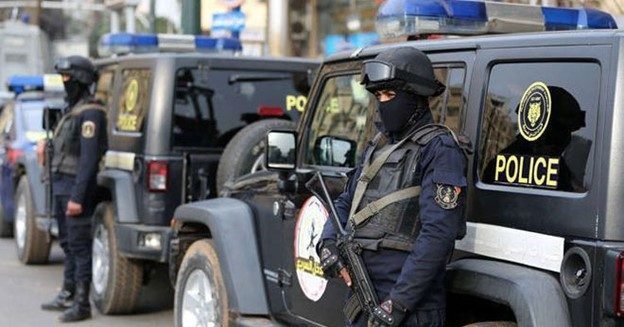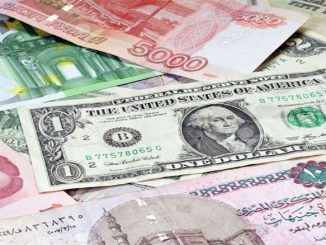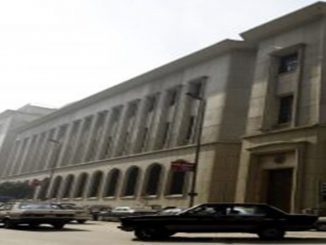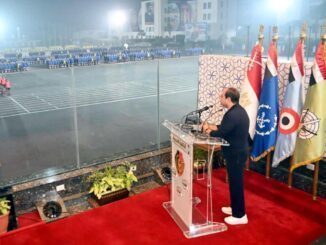
An Egyptian terrorism court has handed life sentences to Egyptian actor and contractor Mohamed Ali and 37 others in connection with 2019 protests
The protests then called for the resignation of Egypt’s Abdel Fattah al-Sisi and putting an end to state corruption
The Egyptian court on 15 January handed down life prison sentences to 38 people, including the self-exiled businessman and actor Mohamed Ali, whose social media posts helped to spark the anti-government protests in 2019.
Public protests are rare in Egypt where Egypt’s Abdel Fattah al-Sisi has overseen a wide-ranging crackdown on dissent.
However, a series of video and other social media posts by Egyptian businessman Mohamed Ali, who now lives in Spain, led to scattered street demonstrations in September 2019 over corruption and other issues.
Twenty-three of those who got life terms were tried in absentia, including Ali, according to an Egyptian criminal court handling terrorism-related cases.
The court also sentenced 44 others including children to terms ranging from five to 15 years in prison over the same charges. Twenty-one were acquitted, according to defense lawyer Ossama Badawi.
Those sentenced were convicted of a set of charges that included inciting violence against security forces and state institutions. The case stemmed from the 2019 protests in the port city of Suez that sits at the mouth of the Suez Canal.
Ali’s social media posts accusing al-Sisi and the military of corruption helped spark the protests, which authorities met with a massive security crackdown, including thousands of arrests.
Ali, who now lives in Spain, and 22 others who received life terms were sentenced in absentia. In addition to the 38 life sentences, another 44 people—23 of them children—were handed prison sentences ranging from five to 15 years.
The Egyptian Front for Human Rights documented a litany of violations in the defendants’ cases, including arbitrary arrests, enforced disappearances, and exceeding the legal maximum in pretrial detention.
Limited pardons, more repression
The following day, the Presidential Pardon Committee announced the releases of 31 people from pretrial detention, including artist Amir Abdel Ghani and Alexandrian activist and author Hassan Mostafa.
Abdel Ghani was arrested in September and forcibly disappeared after complaining online about the high price of gasoline. Despite his release, he is still facing terrorism charges.
Mostafa spent more than three years in pretrial detention following his December 2019 arrest.
Both men faced charges of joining a terrorist group, spreading false news, and misusing social media.
Since the reactivation of the Presidential Pardon Committee in April, far more people have been arbitrarily arrested or had their arbitrary detentions renewed than have been released.
Even as the latest releases were happening, human rights lawyers Ahmed Nazir al-Helw and Youssef Mansour saw their detentions renewed.
Another political prisoner, environmental activist Ahmed Abdelsattar Amasha, has been the subject of international attention recently.
UN Special Rapporteur on Human Rights Defenders Mary Lawlor has recently shared the letter she sent to Egypt’s government in November “expressing concerns at the allegations of enforced disappearance, torture, and medical negligence against Dr. Ahmed Amasha, which appear to be related to his human rights activities.”
However, the Egyptian government has not replied to her letter.
It is to be mentioned that Le Monde on 14 January reported that the Paris prosecutor’s office decided not to pursue charges against those responsible for Operation Sirli, an Egyptian-French joint military operation in the desert between Egypt and Libya that led to numerous civilian deaths.



